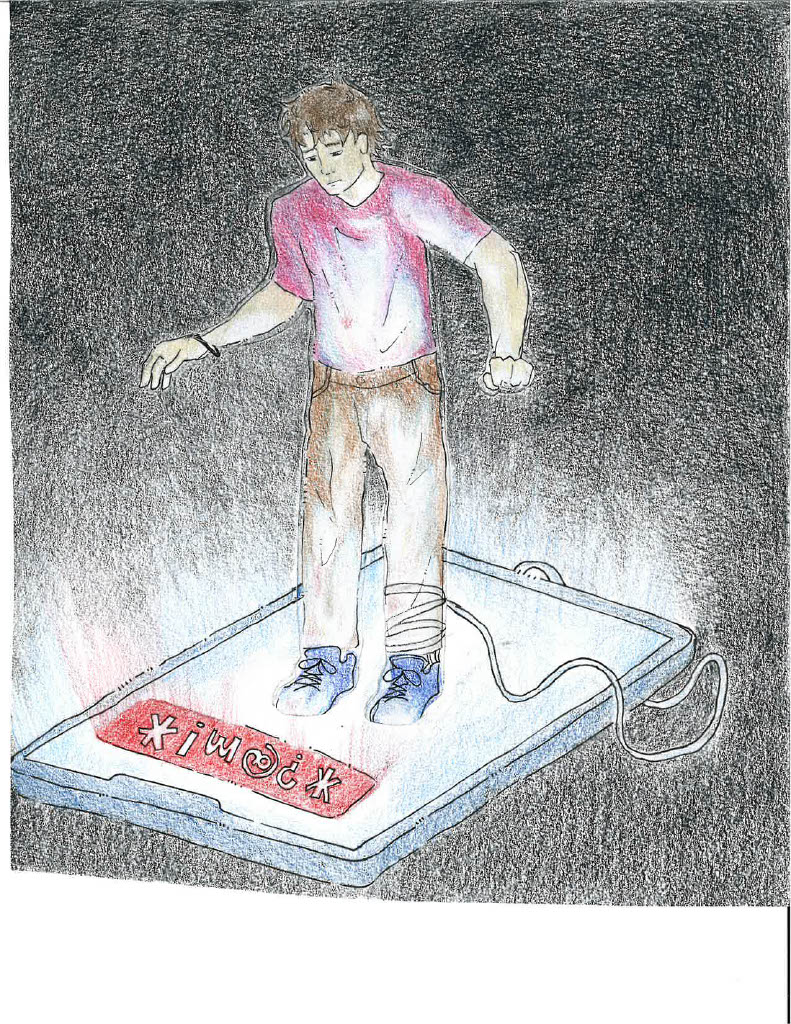I didn’t mean to find her address.
In a scramble to find a friend’s birthday, I searched for her name on Google and found everything from a grandfather’s name to the project she submitted to a middle school science competition. Yes, I found her birthday, but I also uncovered a lot of other personal information without even trying.
In a time when it seems almost any individual’s address, phone number, distant family or relationship status can be tracked with a quick search, the line between public and private information has blurred.
I’m no exception as I also undermine my privacy. I don’t think twice before posting about the restaurant I’m eating at or sharing my location on Snapchat, allowing sensitive information to become public.
It’s important to realize our routine actions may carry unknown consequences. Nowadays websites collect data using internet cookies, which are small files that help remember information about a specific user. These files can range from necessary cookies that keep the website functioning like security encryption to files that collect personal information like browsing history. Sadly, unlike the delicious chocolate chip kind, third-party cookies can be installed by websites to be used by advertisers to track one’s digital crumbs.
Most people fail to realize that a digital footprint is permanent. Scrubbing any information after it has been published is practically impossible. Even if most people won’t ever see it, posts and data can be buried deep in logs or archives. It’s much easier to keep information private than to try to take it down afterwards.
Reclaiming one’s digital identity begins with being more mindful of what others are allowed to see. The small details like a birthday or an employer can be the difference between exploitation and protection online. By taking a couple seconds to toggle cookie settings to “only necessary” or to hold off on posting a new workplace, we stop the long chain of our personal information from being spread online. Slowly, we can work to create a safer digital environment for ourselves.


